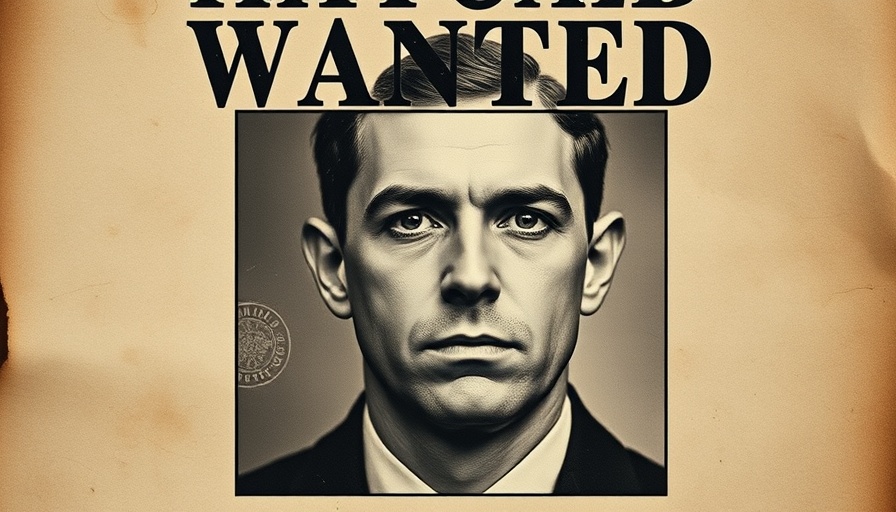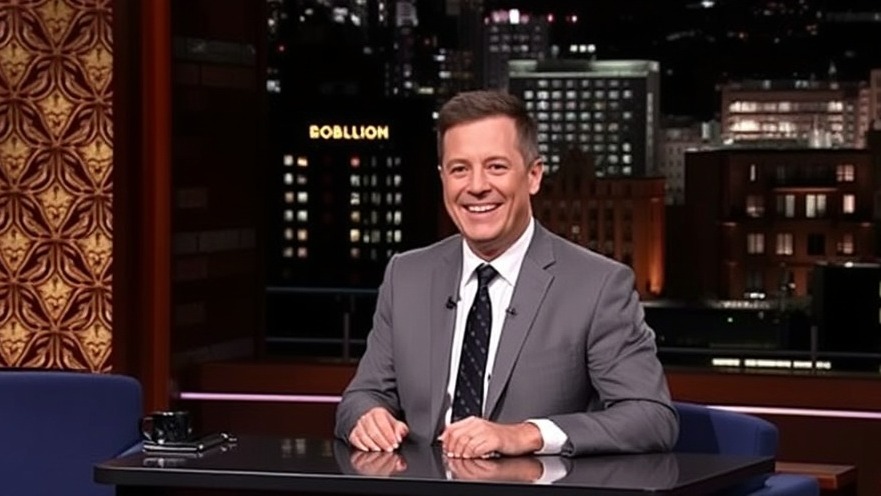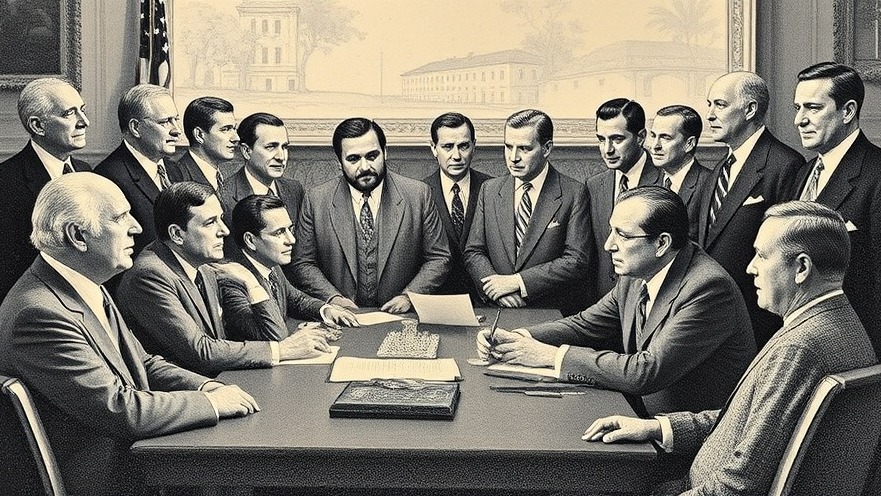
 Add Row
Add Row  Add Element
Add Element Unveiling America's Forgotten G-Men: An Inside Look into the FBI's Past


Can Hugh Jackman's Initiative Make Theater Affordable for Everyone?
Update How Hugh Jackman Aims to Democratize Theater In an age where Broadway ticket prices can reach astronomical highs—averaging over $120 and sometimes soaring to almost $1000 for premium shows—a collaborative initiative led by Hugh Jackman aims to make theater accessible to everyone. Together, the production company co-founded by Jackman alongside director Ian Rickson and producer Sonia Friedman, promotes intimate theatrical experiences at a fraction of the cost. The aspiration is to bridge the wide gap that exists between the art form and everyday audiences. The Heart of Theater: An Intimate Connection Jackman’s vision for Together is built on creating an immersive connection between performers and audiences. During a recent performance of Sexual Misconduct of the Middle Classes, Jackman engaged the crowd in a manner reminiscent of a college lecture, allowing the vulnerability of the characters and the talent of the actors to shine. This approach is a departure from the grandiosity of typical Broadway productions, where multi-million dollar budgets can overshadow the raw power of storytelling. The Need for Change in the Theatrical Landscape Friedman, hailed as one of theater’s most influential figures, spearheads this initiative as a response to the growing elitism in theater. Under her leadership, productions like Harry Potter and the Cursed Child have captivated audiences; however, the ticket prices can deter many from attending. The goal of Together is not only to entertain but also to fulfill a social commitment by providing more accessible viewing experiences. Affordable Theater: A Positive Step Forward By partnering with Amazon subsidiary Audible, Together distributes tickets through various community outreach programs, ensuring that students, seniors, and teachers have access to world-class theater without the financial strain. Approximately 25% of tickets are distributed through community organizations, embodying the spirit of inclusivity. This approach has the potential to reshape the narrative around theater, positioning it not just as an art form for the elite but as a medium for everyone. The Future of Affordable Theater: Trends and Opportunities As the pandemic has shifted public interest towards more intimate events and smaller gatherings, the timing for Together’s strategy could not be more opportune. Theatergoers are increasingly looking for personal and meaningful experiences, and the stripped-back intimacy emphasized by Jackman and his collaborators meets this demand. This trend towards a more personal touch could encourage other theaters to re-evaluate their models and make similar shifts towards accessibility. Conclusion: Making Theater Inclusive Jackman's initiative illustrates the importance of addressing socio-economic barriers in the arts. By fostering a community-oriented vision and providing affordable theater experiences, Together aims to democratize what is often seen as an elitist world. For digital nomads and culture enthusiasts, this new direction in the theater landscape offers a chance to engage with stories that resonate deeply, unmediated by the constraints of high ticket prices. As audiences gain elaborate experiences without the financial burden, there’s an opportunity to reshape the cultural fabric of theater.




Write A Comment